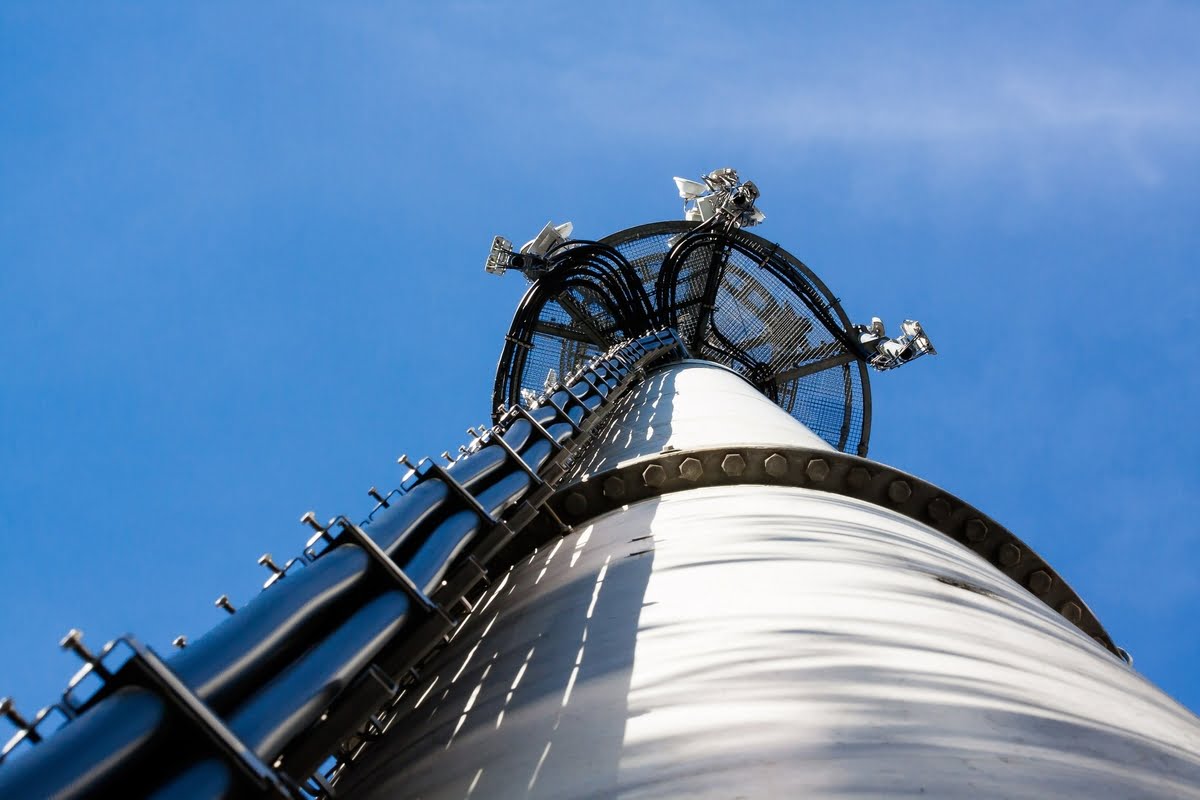Higher Spectrum Price to Result in Higher ARPU
The Indian government in a release in early March said that Reliance Jio, the largest wireless operator in India acquired 488.35 MHz of spectrum worth Rs 57,122.65 crores. Further, Bharti Airtel, the second largest wireless operator in India acquired 355.45 MHz of spectrum worth Rs 18,698.75 crores. Vodafone Idea, the third largest wireless operator in India acquired 11.80 MHz of spectrum worth Rs 1993.40 crores. “This price increase in per unit of spectrum sold is expected to result in higher Average Revenue per User (ARPUs) in the coming months as achieving higher ARPUs remain focus point of the telecom industry,” Care Ratings said in its report on Tuesday. The firm said that the industry ARPU has already increased 22.5% to Rs 93 between January, 2020 to September, 2020. In the previous three quarters between April, 2019 to December, 2019, Care Ratings said that the industry ARPU was at Rs 76. However, the credit rating agency highlighted that the current industry ARPUs are lower than the Rs 124 levels in the 2016 financial year “when Reliance Jio had not entered the telecom market.” The Indian telecom operators including Airtel have consistently maintained that the “industry needs” the ARPU to increase to Rs 200. “ARPUs have to get to Rs. 200 and finally, ultimately to Rs. 300, which is something that, as an industry, we deserve in order to generate a reasonably good return on capital employed, this is what would be required for the business model to succeed,” Gopal Vittal, chief executive officer, India and South Asia, Bharti Airtel, said in the third quarter earnings call in February, 2021. In its third quarter financial results, Airtel said that its mobile ARPU hit Rs 162 as compared to Rs 135 that the operator registered in the previous year financial quarter. Vodafone Idea in its third quarter financial results said that its ARPU “improved” to Rs 121 as compared to Rs 119 in its previous quarter. Reliance Industries in its third quarter results said that its Jio Platforms recorded ARPU of Rs 151 as compared to Rs 145 in the previous quarter. “Having said that, as you know, pricing is a competitive issue and it is based on competitive dynamics,” Vittal said. “So, I cannot comment on when pricing will go up. I do believe that we will be ready to take up tariffs if and when any player actually moves tariffs given that we are already at a premium.”
Spectrum Auctions Indicate Industry Preparations of 5G Services Launch
Care Ratings also said that the spectrum auctions provided indications that the industry is chalking out plans for the deployment of 5G services. “The telcos have mentioned that the acquired spectrum will support them to roll out 5G services in future when required which indicates the industry’s preparations to build network capacity for deployment of 5G services,” Care Ratings said in its report. The industry players such as Jio said that the spectrum acquired by the operators in March “can be utilised for transition to 5G services at the appropriate time.” “With our increased spectrum footprint, we are ready to further expand the digital footprint in India as well as get ourselves ready for the imminent 5G rollout,” Mukesh Ambani, Reliance Industries chairman said in a release in early March. Meanwhile, Motilal Oswal Financial Services in its report in early March said that the 2300 MHz band “generated substantial interest” as the band enables the operators to “prepare for a seamless switch to 5G.” However, it has to be noted that the 700 MHz and 2500 MHz bands remained unsold in the recently concluded spectrum auction in March. “The 700 MHz band which is considered one of the premium bands below 1GHz band for deploying 5G networks also had remained unsold in [the] October 2016 auction due to its higher price,” Care Ratings said in its report.
